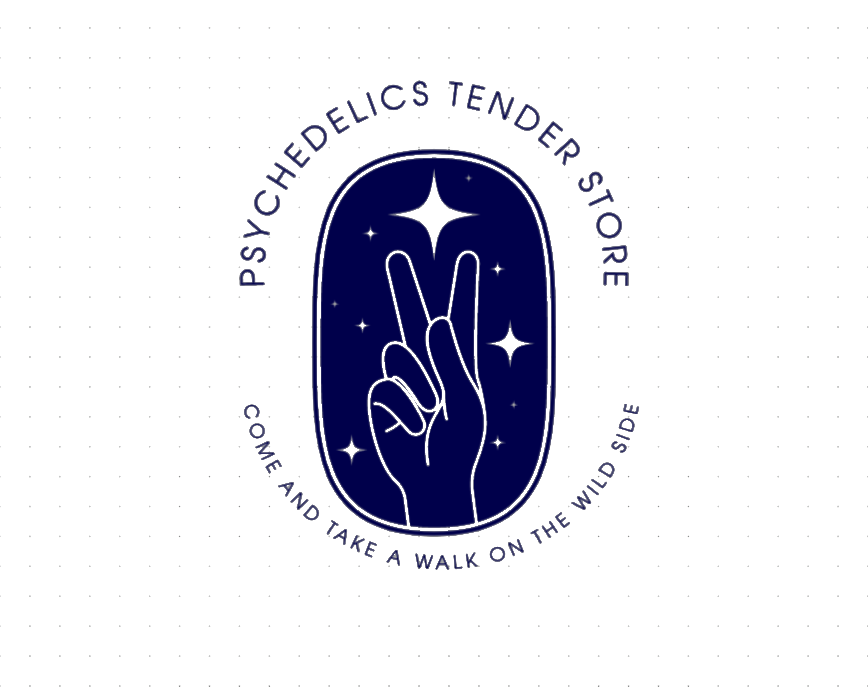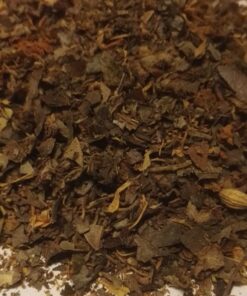About DMT
DMT — or N, N-dimethyltryptamine in medical talk — is a hallucinogenic tryptamine drug. Sometimes referred to as Dimitri, this drug produces effects similar to those of psychedelics, like LSD and magic mushrooms.
Other names for it include:
- fantasia
- businessman’s trip
- businessman’s special
- 45-minute psychosis
- spiritual molecule
DMT is a Schedule I controlled substance in the United States, which means it’s illegal to make, buy, possess, or distribute it. Some cities have recently decriminalized it, but it’s still illegal under state and federal law.
Effects of DMT
The main effect of DMT is psychological, with intense visual and auditory hallucinations, euphoria, and an altered sense of space, body, and time.
Many users describe profound, life-changing experiences such as visiting other worlds, talking with alien entities known as “DMT elves” or “machine elves,” and total shifts in the perception of identity and reality.
In comparison to other psychedelic drugs, such as LSD, ketamine, and magic mushrooms, recreational users of DMT consider it to have the lowest side effect profile.
Possible side effects of DMT include:
- increased heart rate
- increased blood pressure
- chest pain or tightness
- agitation
- dilated pupils
- rapid rhythmic movements of the eye
- dizziness
Risks
It structurally related to the neurotransmitter serotonin and, because of this, a condition called serotonin syndrome is a potentially lethal health risk associated with its use. Individuals taking antidepressants are at highest risk for this complication.
Serotonin syndrome occurs when the body accumulates an excessive amount of serotonin. The condition is often caused by taking a combination of different drugs.
Too much serotonin in the body can lead to a range of symptoms, such as:
- agitation
- confusion
- high blood pressure
- loss of muscle coordination
- a headache
DMT
DMT
DMT
DMT
DMT








